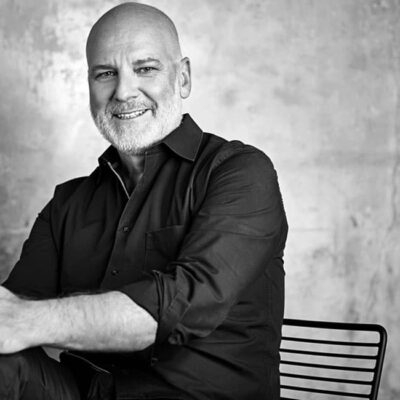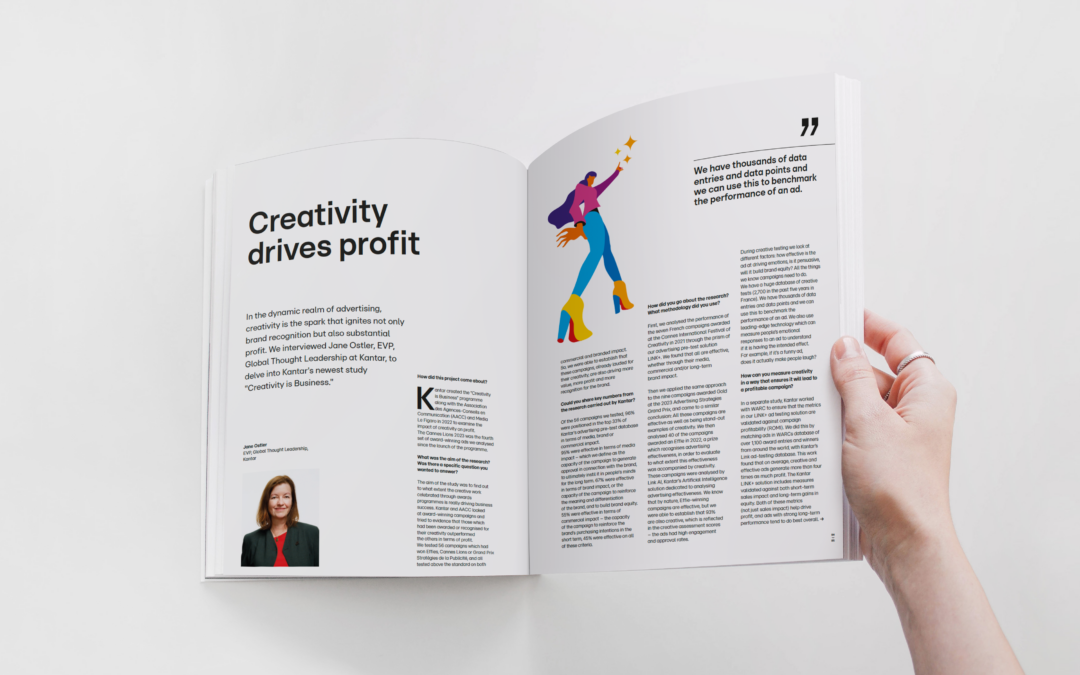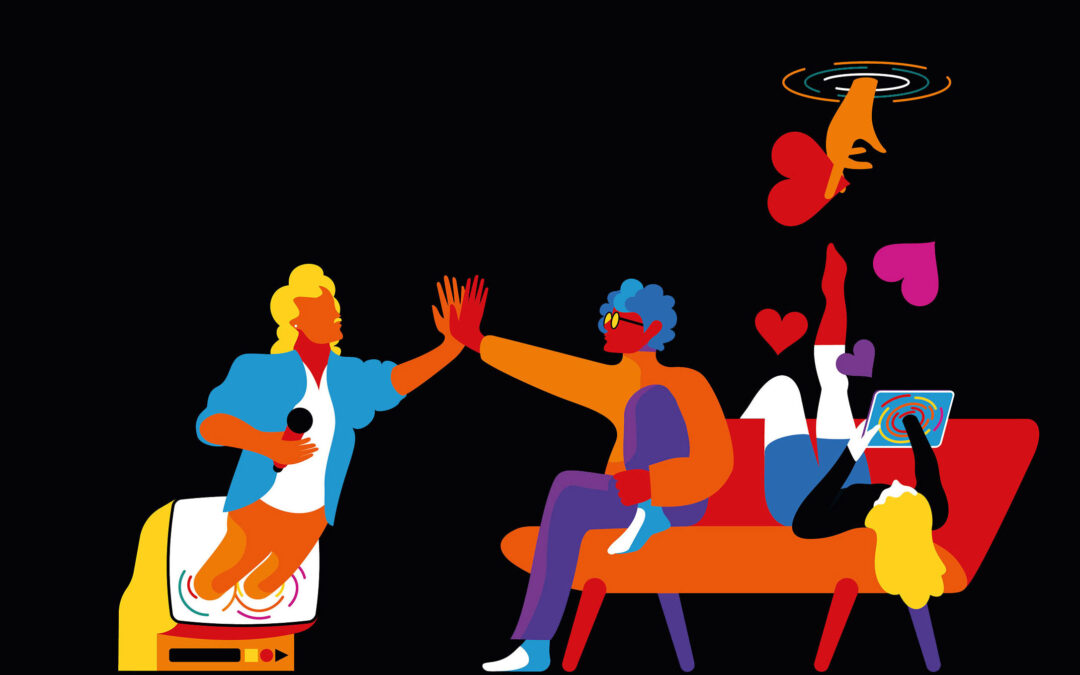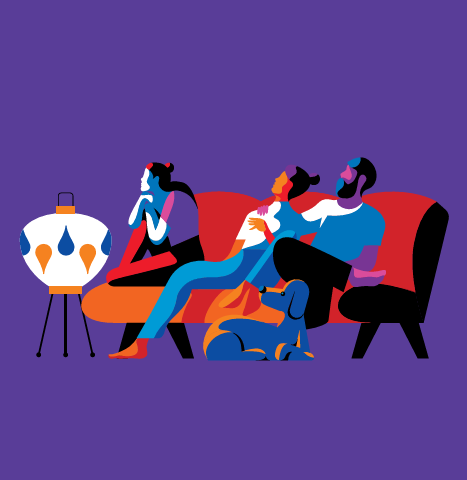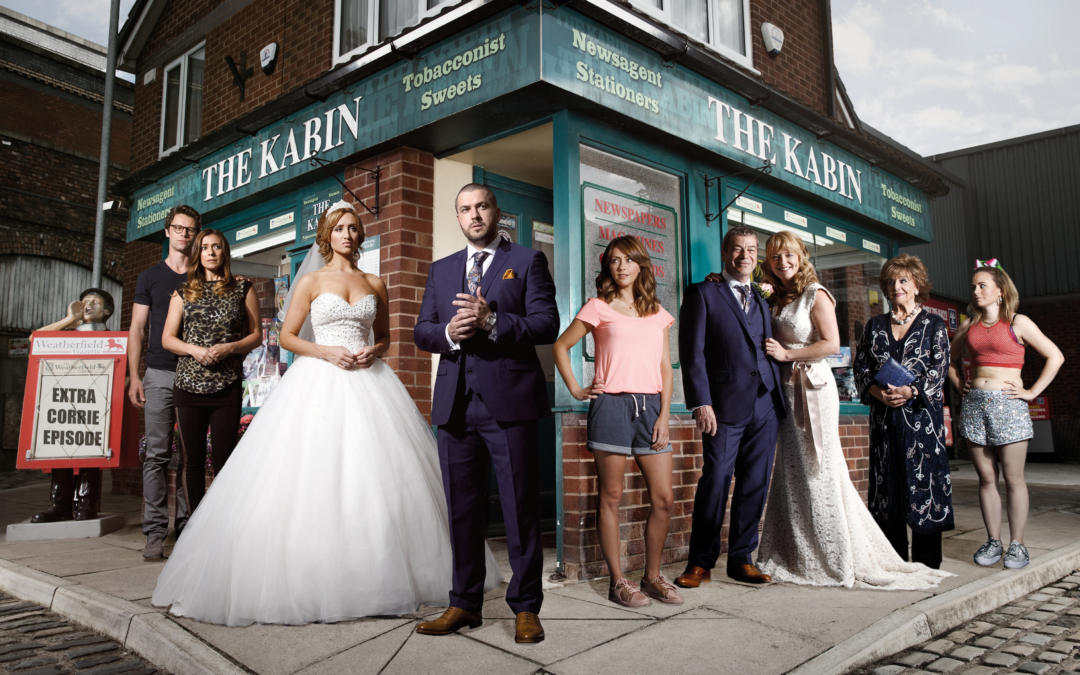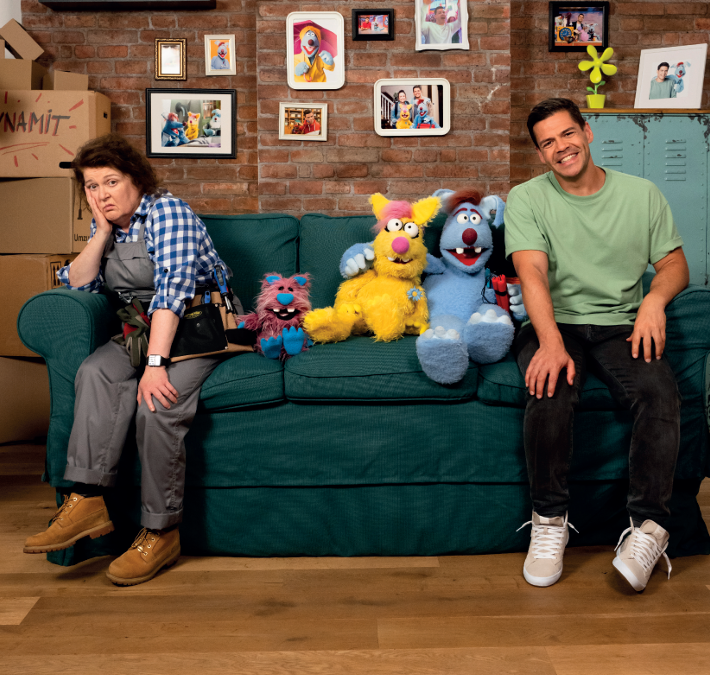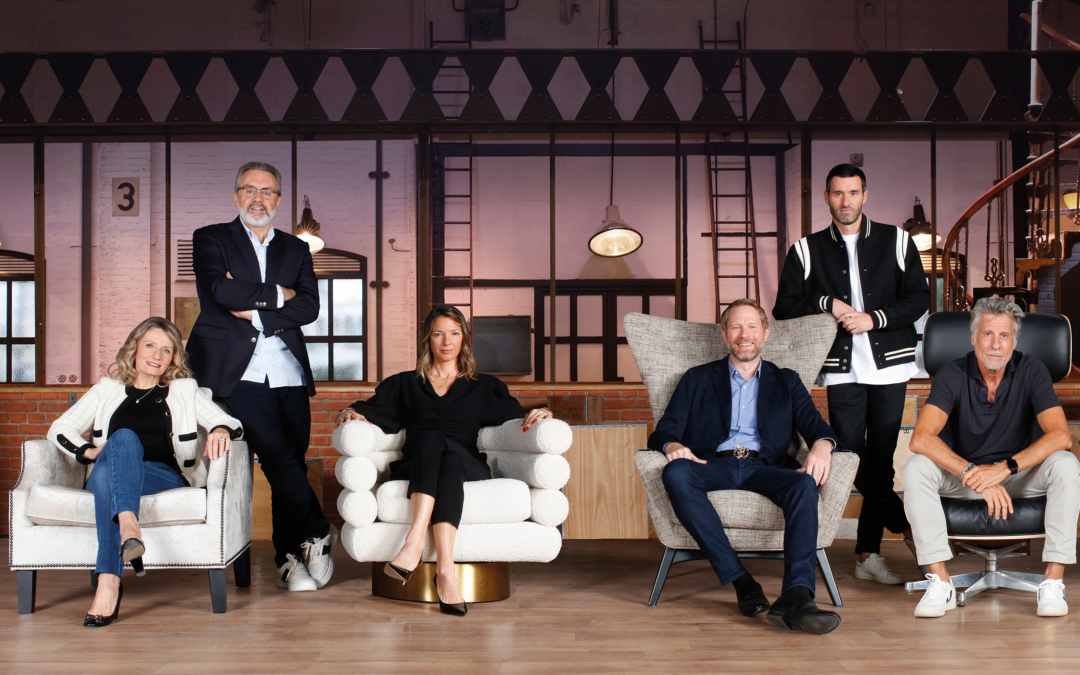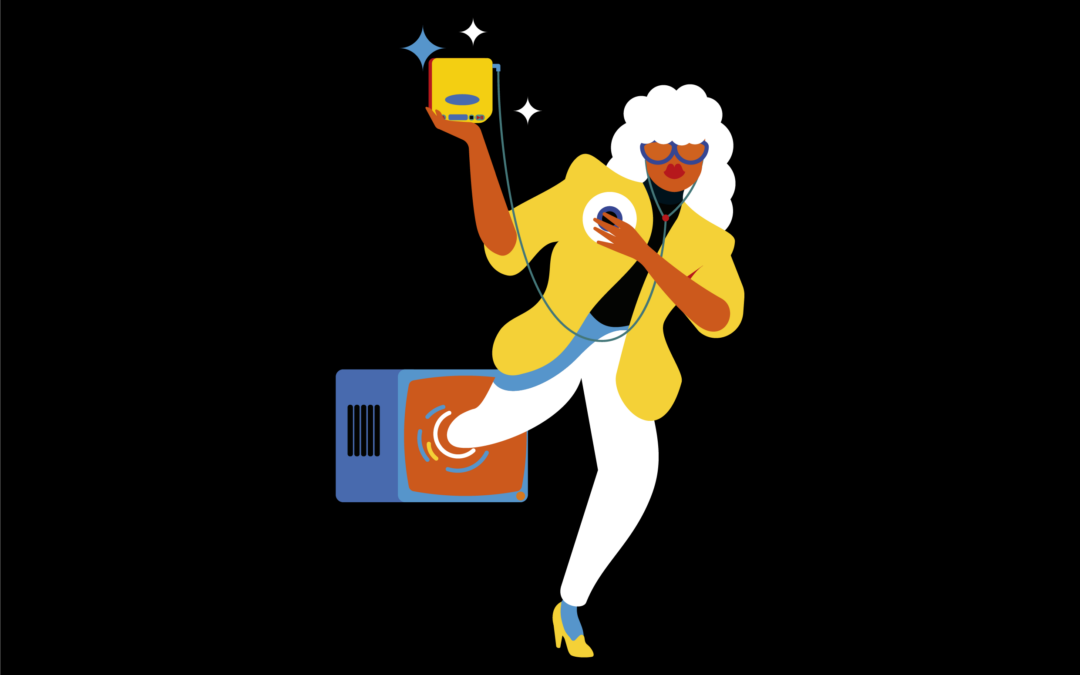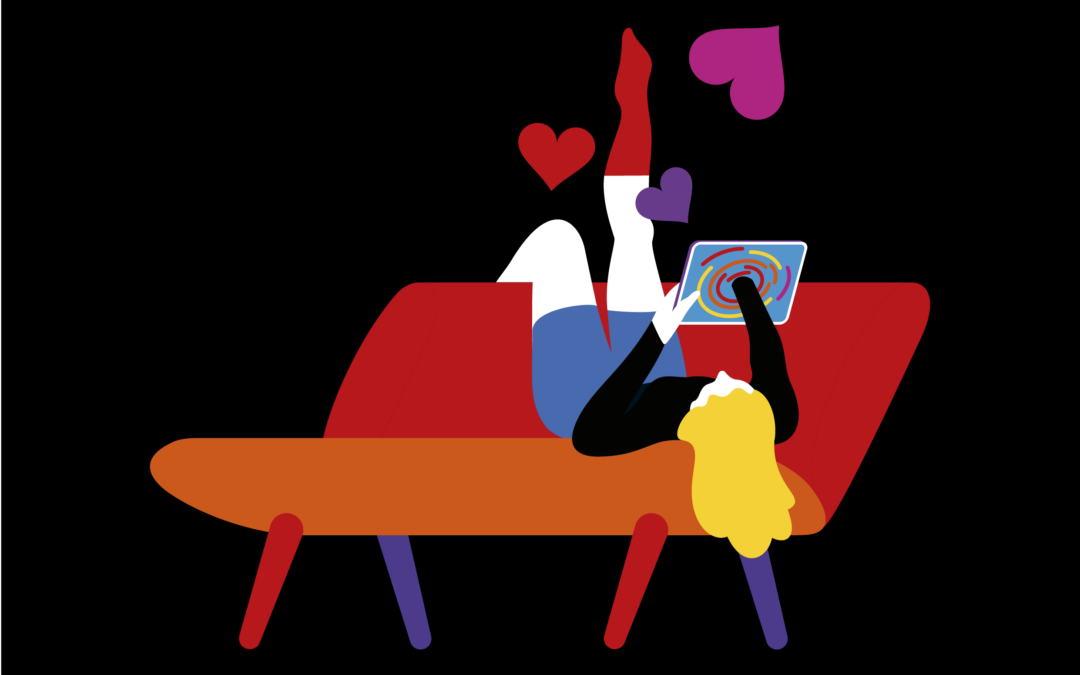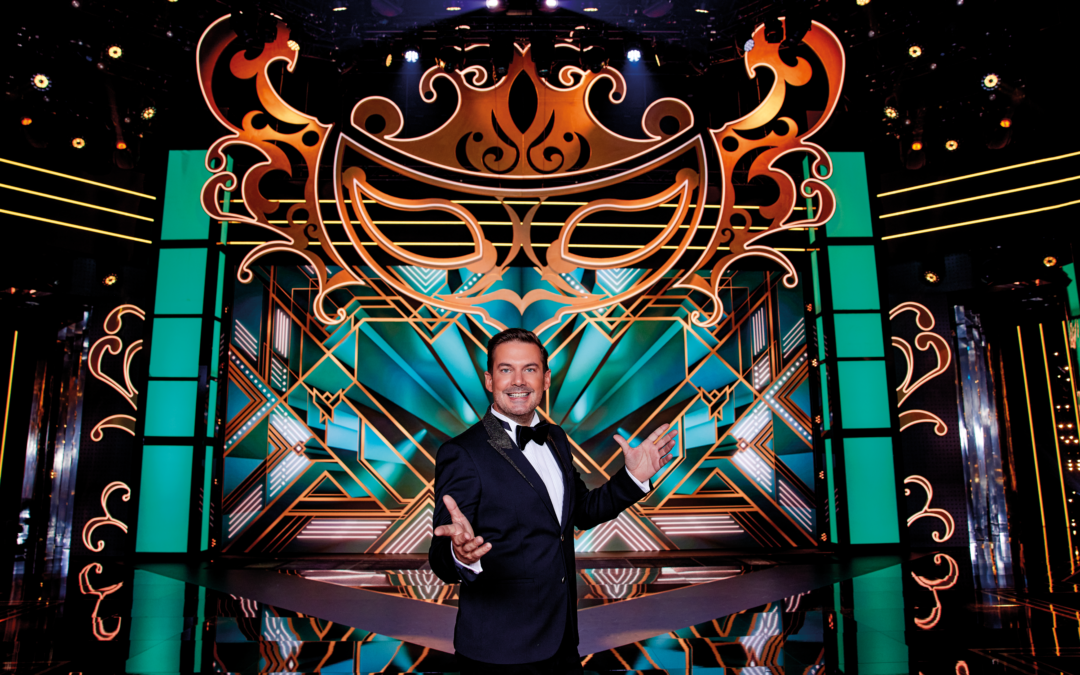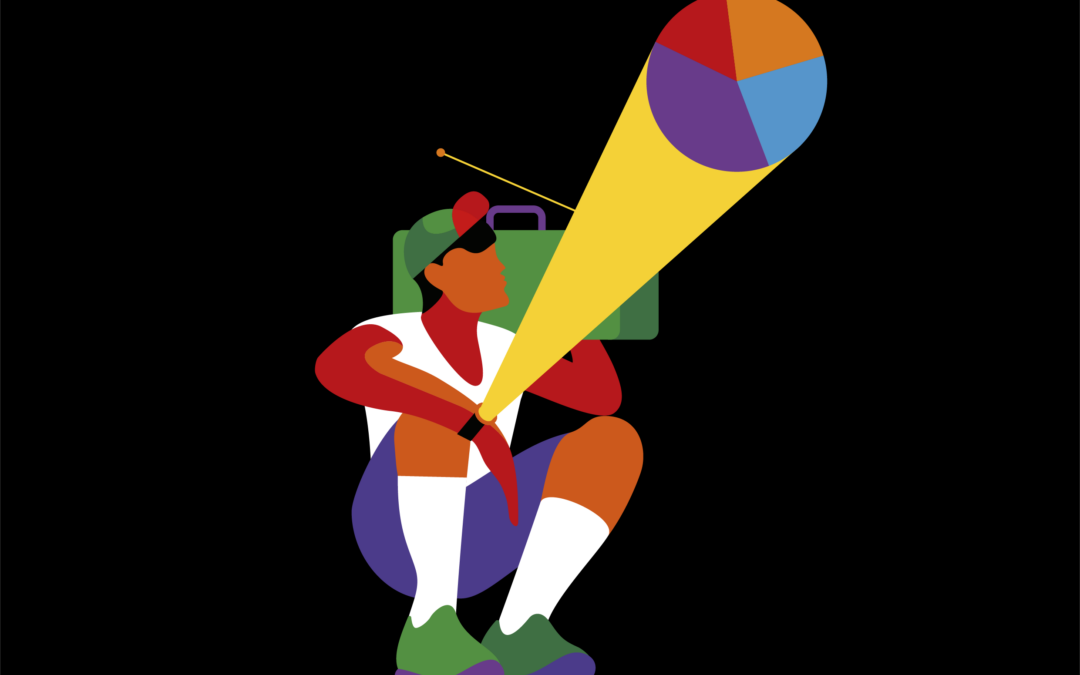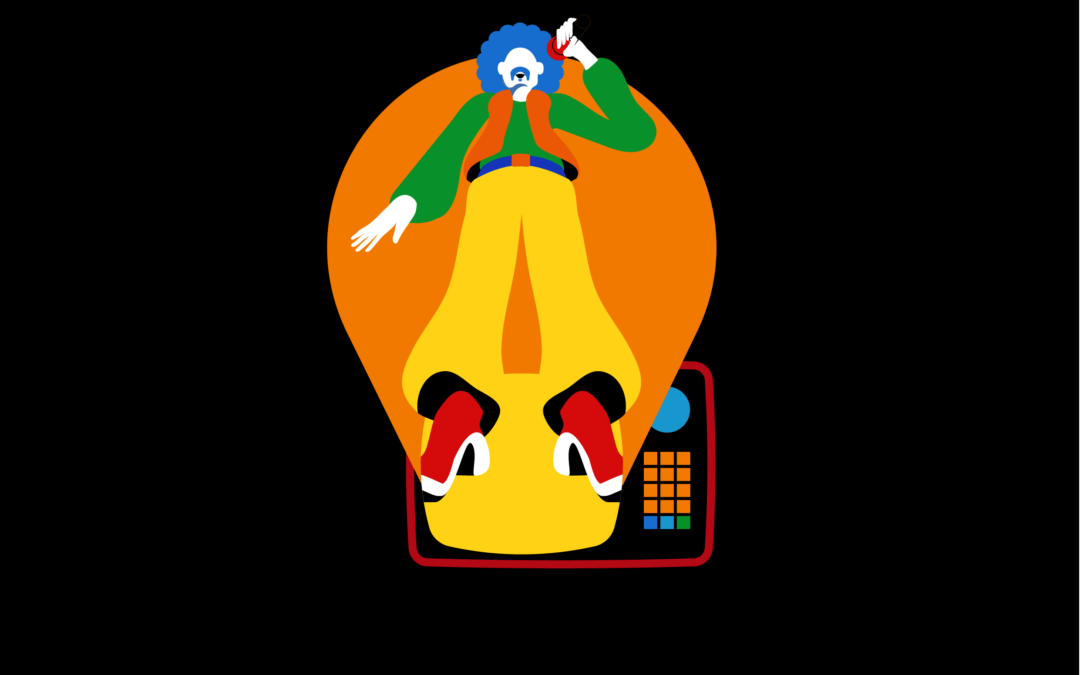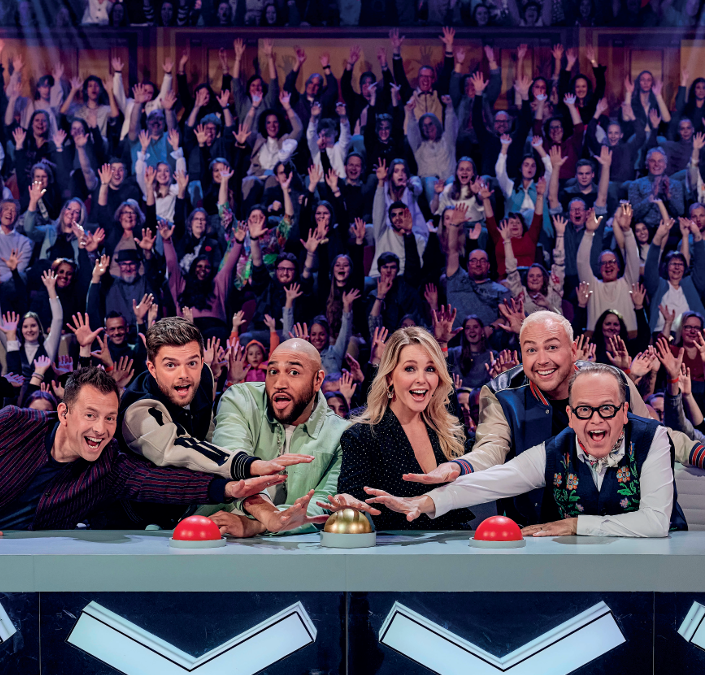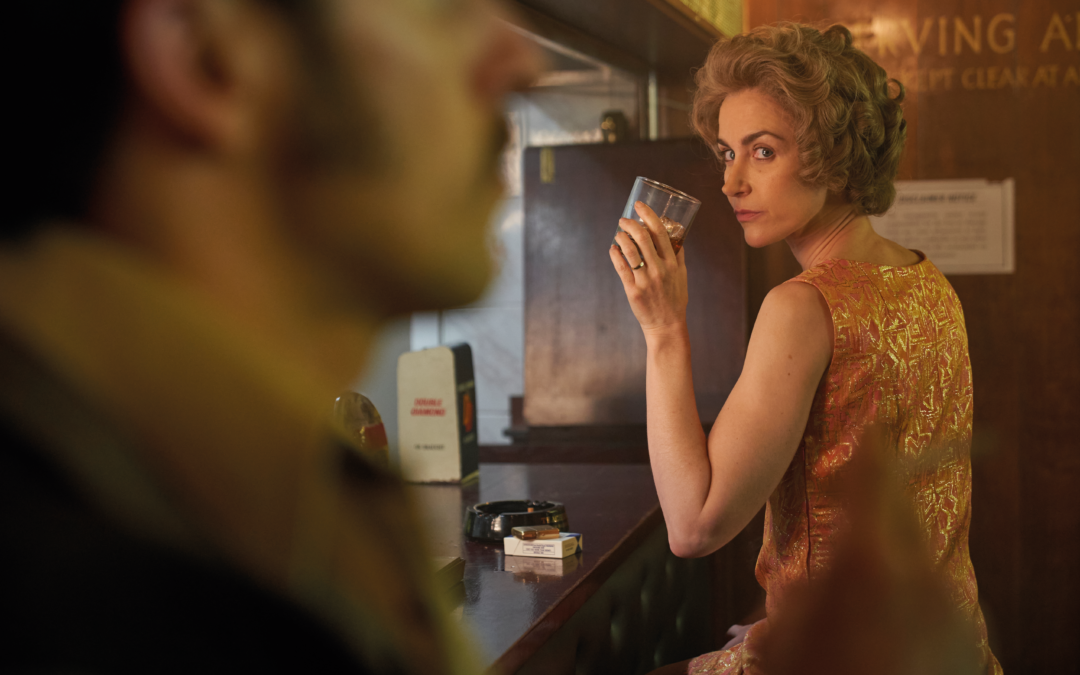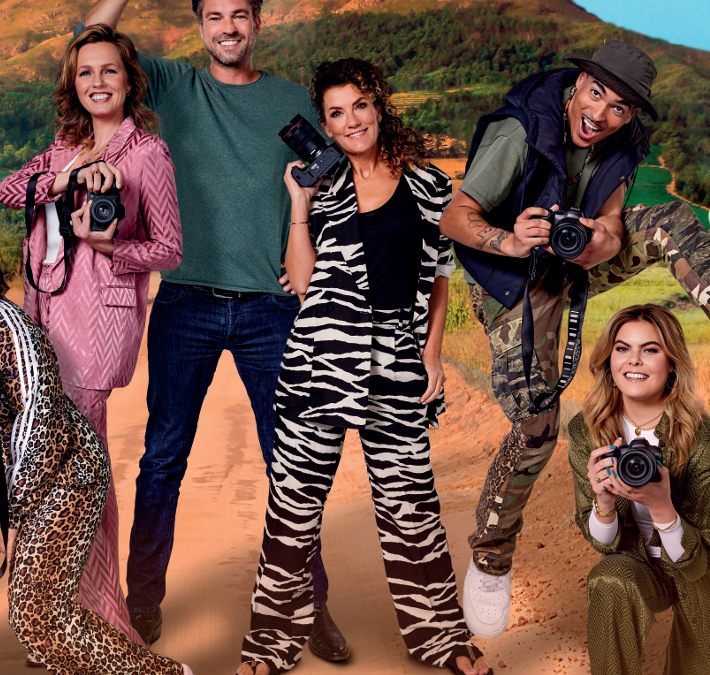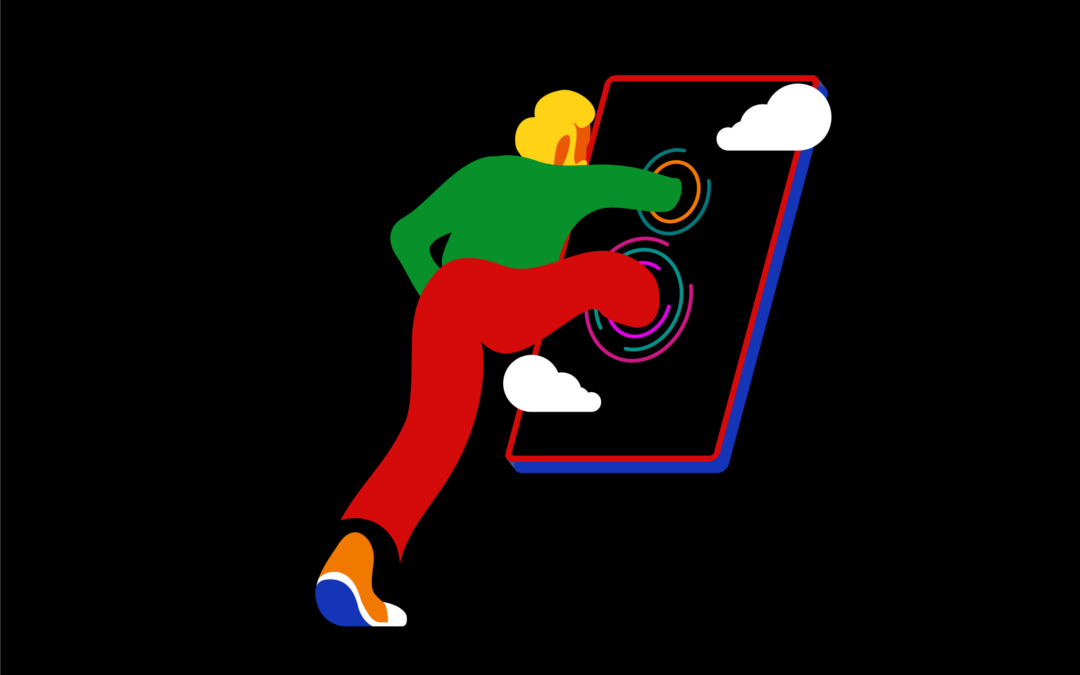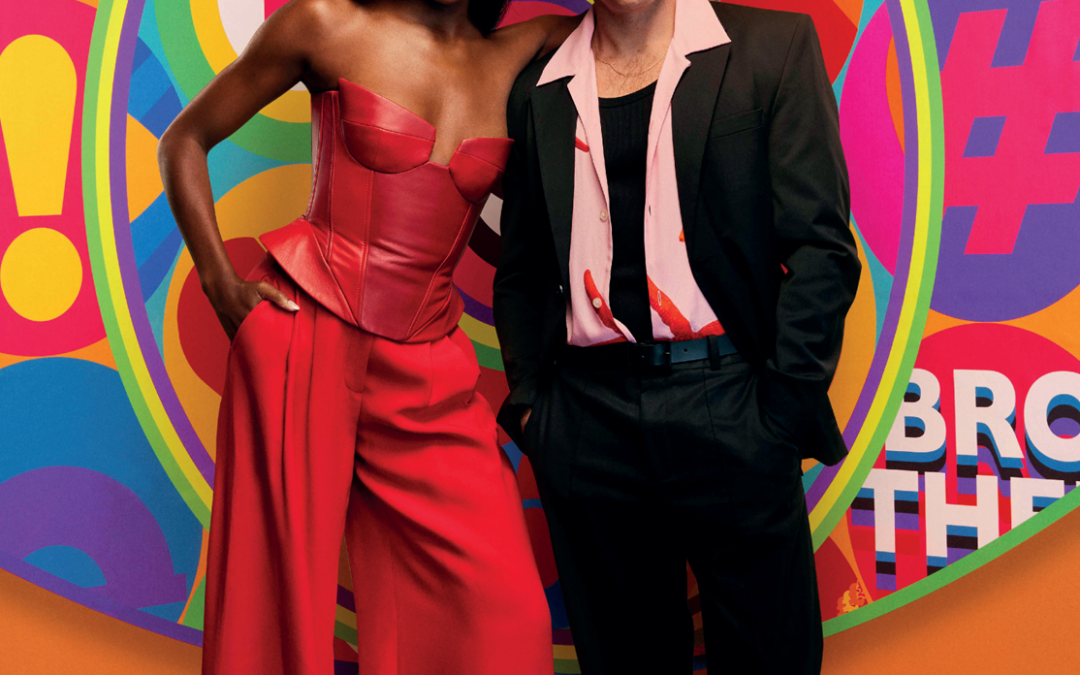How were you impacted on the broadcasting side?
At the beginning of the crisis, audience numbers made a substantial jump but as time goes on we are seeing a slow but steady normalisation of TV usage. Regarding ad revenues, the situation varies considerably – some sectors are more affected than others. I am currently assuming that there will be an a generally downward revenue trend for the whole year.
Did less advertising income mean a cut in content? How did you manage?
There were some unwelcome budget cuts forced on us in some areas, because, especially regarding TV series, we were unable to produce as previously planned due to Covid-19. We compensated for this in the short term by producing more entertainment shows. Several bigger projects had to be postponed until next year for budgetary reasons.
On the content production side, how did you adapt your production methods and what are the consequences on the productions to come?
We had to do without a live audience for our big shows like Let’s Dance, and instead had to pipe in applause. Other shows that would normally be produced overseas had to be brought back and shot in Germany to avoid unnecessary risk associated with travel.
In other cases – for example with our daily soaps like Gute Zeiten, schlechte Zeiten (Good Times, Bad Times) – we were forced to do script rewrites and edits to avoid having actors getting too physically close to each other in certain scenes. Ultimately, these measures enabled us to make significantly more shows than I ever thought possible back in April.
What role did news play? Did you see an increase in viewership? How does your team fight against fake news?
RTL is the private broadcaster in Germany with the biggest news and information programme offering. We produced many news specials such as the RTL aktuell Corona Spezial and time and again interrupted scheduled programming to broadcast breaking news or news specials. News turned out to be a huge reach booster in recent months and very successful for us. Regarding the topic of fake news, we have our own fact checking team. Before airing a story, our team goes all out to check and double-check the story via multiple sources. This is standard practice for our journalists and has been for as long as RTL has produced news.
You didn’t have sports programmes on RTL’s channels anymore, like Formula One. How did you deal with it?
Football matches and Formula One racing were out of action for many weeks. We were forced to fill the gaps in the schedule with other programming. Thank goodness TV coverage of football matches and Formula One racing are possible once again. The immense reach of these programmes shows how much the audience missed live sporting events on TV.
What happened to reality TV and live talent shows?
We were able to produce reality and live talent shows – like Bachelorette or Das Sommerhaus der Stars (Stars’ Summerhouse) – in part somewhat later than planned or at other locations. We had to be very innovative and creative, and also collaborate with producers and production companies in order to cope with this situation.
What are the programme genres emerging? What kinds of shows were more popular?
The most popular shows were the well-established formats, shows that provided a reliable distraction from the crisis like Wer wird Millionär? (Who Wants To Be A Millionaire?) or Denn sie wissen nicht, was passiert (Because They Don’t Know What’s Going To Happen). As much as our audience craved information and news, they also longed for a diversion from Covid-19 so all the established RTL brands were as or even more successful than in previous years.
Did you observe a shift in what people wanted to watch?
No, not really. When the crisis started, we saw a shift in viewing habits regarding news and information. At the moment, we are seeing reality formats and primetime shows doing very well. As things get more or less back to normal, there is more demand for any kind of entertainment format that doesn’t involve Covid-19.
How do you revive content production post-Covid-19?
What Covid-19 has shown us is that we can produce TV differently, faster and more effectively. We saw how fast decisions can be made and how formats can still be produced successfully even when things we took for granted in the past are suddenly no longer possible or relevant.
Did the lockdown permanently change your ways of producing and delivering content?
No, I don’t think so. Good craftsmanship is still good craftsmanship. I think we can glean some lessons from what we went through. For example, problems that seem at first glance totally impossible can be solved pragmatically and successfully. Our approach here in Germany has proven to be extremely robust and capable of high output in content during the crisis. That, in and of itself, is a very positive experience and it encourages us to continue to invest massively in content.
us is that we can
produce TV
differently, faster
and more effectively.
